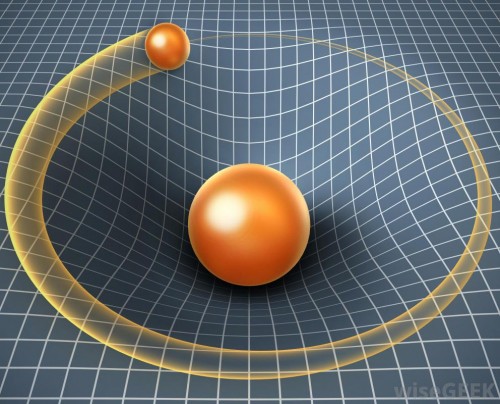Now an astrophysicist from Germany has come up with another sound reason for our frustrating lack of close encounters, and it makes an awful lot of sense when you think about it.
Michael Hippke, an independent researcher affiliated with the Sonneberg Observatory in Germany, says one of the challenges for alien civilisations seeking to explore space would be generating sufficient thrust to escape the gravitational forces of their home planets.
But wait a second, humans developed the ability to launch spacecraft into and across our Solar System last century, so why couldn advanced extraterrestrial lifeforms pull off the same trick?
The problem, according to Hippke, are the planets these (hypothetical) beings may (hypothetically) be calling home.
One planet type astronomers and astrophysicists think could offer good prospects for habitability is a Super-Earth - these are rocky exoplanets with significantly higher mass than Earths, which could give them thicker atmospheres capable of fostering and shielding alien life on or within their surfaces.
Theres just one drawback with this Super-Earth scenario, but its a biggie.
"On more-massive planets, spaceflight would be exponentially more expensive," Hippke told Space.com.
In his new research, Hippke calculated the amount of thrust alien spacecraft would need to escape the gravitational pull of Super-Earths and even larger, higher-mass worlds.
If conventional rocket fuel were being used, the calculations show it doesn take long for the resource to go beyond expensive and border on the impossible.
For a launch like the classical Apollo moon mission, a rocket lifting off from a Super-Earth would need approximately 400,000 metric tonnes of fuel in order to take off, which as Hippke writes in his paper, is about the "mass of the Pyramid of Cheops, and is probably a realistic limit for chemical rockets regarding cost constraints".
Because of this constraint, Hippke calculates chemical rocket launches using conventional fuel would be possible but impractical on Super-Earths, but if the alien world were to get even bigger and have a higher mass, youd need to start looking at alternative rocket propulsion systems, like nuclear propulsion.
Thats because as the worlds get larger and their mass becomes greater, it gets to the point where chemical fuel would be almost ridiculously underpowered, where "a sizeable fraction of the planet" in fuel amounts would need to be used for every launch, significantly limiting the number of flights possible on alien worlds.
Of course, this being extraterrestrials we
e talking about, its entirely possible they may be able to come up with a vastly different alien technology to help get them off-world.
But up until they do that and fly into our field of vision, at least weve got another reasonable explanation for why we haven met any aliens yet - much as we long to see the day when we do.

In the ongoing search for extraterrestrial intelligence, its easy to become discouraged sometimes, what with all the evidence stacking up for why weve never heard from aliens in all the vastness of the cosmos.




